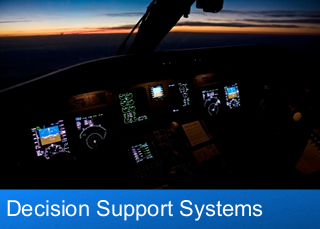Andrew Sharpless: – working with Bloomberg. And then I went away and I thought about a conversation I had had in Geneva with the Ambassador to the World Trade Organization, Mr. He listened to me very respectfully talk about how there were all kinds of measures of serious problems in the ocean.
And it also turned very clear in my experience how the different areas for the effort actually work along to possess a broader effect
And then he basically said… you will find an effective million people in Asia to pass through. The west could have been overfishing the new oceans for some time. We are going to score our very own turn. And i also kept perception which i had very mishandled the fresh appointment. Here, I got a message which was that individuals have even more dining regarding a rich sea. I experienced completely failed to make him remember that produce he read myself providing the particular old-fashioned maintenance content which is a significant one to but it is just only about biodiversity safety.
You to definitely forced me to understand, really, wait a moment, we can size whatever you are trying to do during the a systematic metric which is the eating value of good reconstructed ocean, the food financial support away from remodeled ocean. Exactly how many ingredients you are going to we supply out of good remodeled water? I titled Bloomberg backup and i also told you, wait a minute, you will find a different tip. And you will let’s discuss so it dinner, the food metric.
Melissa Wright: You were able to bring back that epiphany and help develop what’s now a 3-country effort around overfishing. And I saw this work in action and in a recent trip to Brazil and was so impressed and inspired. And one of the side trips that we went on when I was in Brazil was to Itajai, and which I understand is one of the largest commercial fishing ports in Brazil.
Andrew Sharpless: They’re surprising big, aren’t they? I mean you – the audience should understand we’re not talking about like two guys in a little, you know, 15-foot skiff.
Melissa Wright: And Monica, the Brazilian rep from Oceana was telling me about how there was a lack of information, now, about what those boats are bringing in, which species, how much, when, and where they’ve been fishing because the country stopped monitoring their landings or their catch a few years ago. Can you speak to sexiga bogota kvinnor what impact that has had on the fisheries in Brazil and the work of Oceana?
Andrew Sharpless: So I’ve taken that same trip with you and it’s very impressive. The scale of our ability to catch ocean fish is enormous. And you see it as you go down that river and you’ll see these vessels that are stories and stories high – four or five or six stories high. So amazingly Brazil has collected no data on its own fisheries since 2008. Brazil’s had a kind of a budget crisis in that year. One of the ways they saved money was by cancelling all data collection efforts on fishery catches.
Wu
And so cooperating with, you understand, our very own lovers indeed there we’re today collecting landings research inside the an specialized and you can legitimate way and you will reporting you to definitely right up. And perhaps they are now collecting studies for the regarding the forty% of your total fishery connect.
Andrew Sharpless: Yeah. Which is a pretty basic step, we can all see how that starts to set the conditions for, you know, scientific and sensible management. We’ve just launched together with this little enterprise called Google, and Sky Truth, an NGO, is our other partner. It’s called Global Fishing Watch. And your listeners can go to .











